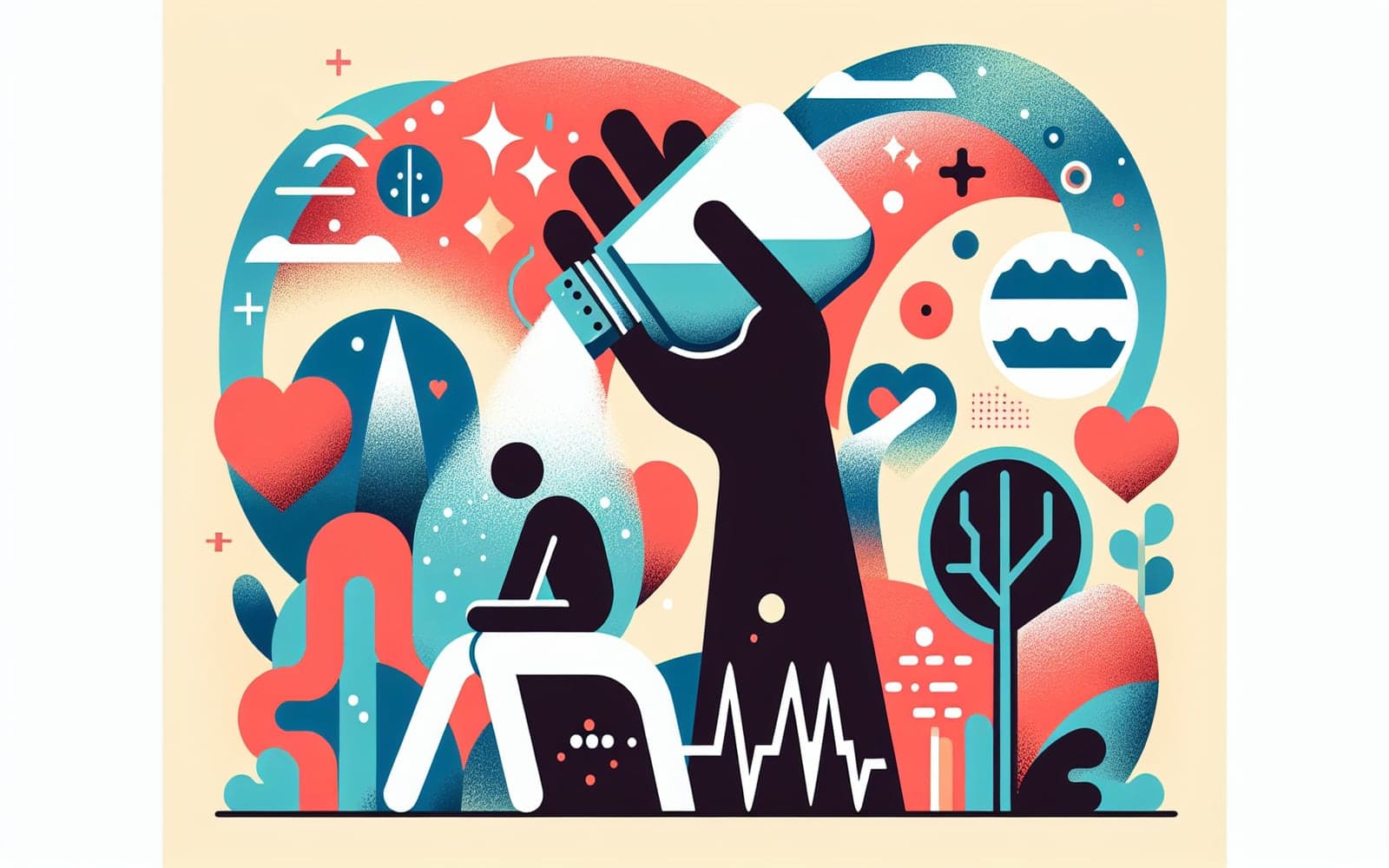Hypertension: Is Your Salt Shaker the Culprit?
Published: Sep 18, 2024
Could your love for salty snacks be raising your blood pressure? This article explores the connection between sodium intake and hypertension.
Contents
Understanding Hypertension
Hypertension, or high blood pressure, is a condition where the force of blood against your artery walls is too high. It can lead to heart disease, stroke, and more. Many factors contribute to hypertension, including genetics, age, and diet, with sodium being a key player.
Salt's Role in Blood Pressure
Eating too much salt can cause your body to retain water, increasing blood pressure. Studies show that lower sodium intake can help manage or even prevent hypertension. Sodium reduction is especially effective in Black individuals, older adults, and those with existing hypertension.

Adjusting Your Sodium Levels
Reducing sodium isn't just for those with hypertension; it's a preventive measure too. By cutting down on salt, you can lower your risk of developing high blood pressure and related diseases. Even small reductions can have significant health benefits.
Frequently Asked Questions
It's a condition where blood pressure is consistently too high.
Yes, cutting back on sodium can lower the risk of developing high blood pressure.
Black individuals, older adults, and those with hypertension are most affected.
No, other factors like genetics and age also play a role.
Key Takeaways
Managing your salt intake could be a simple yet powerful tool against hypertension.
Get started on your hypertension management plan with Doctronic's guidance!Related Articles
References
Lewington S, Clarke R, Qizilbash N, et al. Age-specific relevance of usual blood pressure to vascular mortality: a meta-analysis of individual data for one million adults in 61 prospective studies. Lancet 2002; 360:1903.
Whelton PK, Appel LJ, Espeland MA, et al. Sodium reduction and weight loss in the treatment of hypertension in older persons: a randomized controlled trial of nonpharmacologic interventions in the elderly (TONE). TONE Collaborative Research Group. JAMA 1998; 279:839.
Always discuss health information with your healthcare provider.

